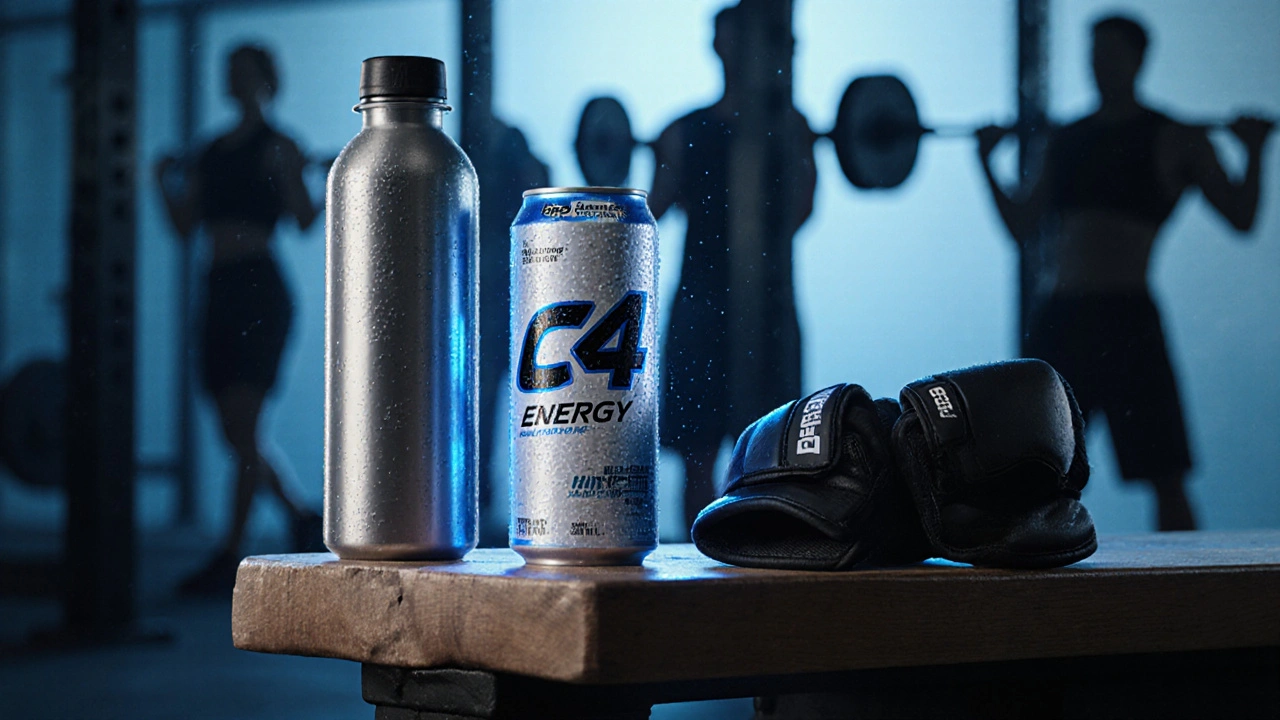Health Effects: Understanding How Food and Drinks Impact Your Body
When working with Health Effects, the ways food, beverages, and lifestyle choices influence the body’s systems and overall well‑being. Also known as physiological impact, it helps you see why a single cup of coffee or a can of an energy drink can shift your mood, stamina, or even long‑term health.
Key Areas Covered
One of the hottest topics on the site is Energy Drinks, caffeinated beverages marketed for quick energy and focus. They pack caffeine, sugar, and a cocktail of vitamins that can spike alertness in minutes. The health effects of this spike are two‑fold: a fast‑acting boost for workouts or studying, and a rapid crash that can leave you jittery. Researchers link high caffeine intake to increased heart rate, which in turn can trigger palpitations for some users. At the same time, the added sugars feed gut bacteria that may influence mood swings. Understanding this trade‑off lets you decide whether a sugar‑free version or a natural alternative like green tea is a smarter pick for your daily routine.
Another frequent concern shows up in discussions about Blood Pressure, the force of blood against artery walls, a key indicator of cardiovascular health. Certain drinks—beetroot juice, for example—contain nitrates that help vessels relax, potentially lowering pressure in as little as ten minutes. On the flip side, high‑sodium sodas or energy drinks loaded with stimulants can push numbers upward, especially when combined with a salty snack. The semantic link is clear: Blood pressure changes are a direct health effect of beverage ingredients. Knowing which drinks support a lower reading helps you plan meals that keep the heart steady without sacrificing energy.
Beyond the heart, the liver and kidneys bear a heavy load when you consume processed drinks. Liver Health, the organ’s ability to detoxify chemicals and metabolize nutrients can be compromised by excess caffeine, artificial sweeteners, and added preservatives. Studies show that chronic intake of high‑sugar energy drinks may contribute to fatty liver disease, while certain additives can stress kidney filtration rates. The relationship can be summed up as: Energy drink components influence liver health, which in turn affects overall metabolic balance. By swapping sugary cans for low‑calorie options or hydrating with water, you give those organs a break and support long‑term vitality.
All of these threads—caffeine spikes, blood pressure swings, and organ stress—tie back to the central idea of health effects. The articles below dig into the science behind each claim, compare real‑world products, and give you practical tips you can apply right away. Whether you’re an athlete scouting a pre‑workout boost, a busy professional looking for a safer daily soda, or just curious about how a breakfast drink might lower blood pressure, you’ll find data‑backed insights that cut through the hype. Keep reading to discover which beverages truly power you up and which ones might set you back.
A deep dive into C4 energy drink's ingredients, health risks, safe usage tips, and how it compares to other popular energy drinks.

